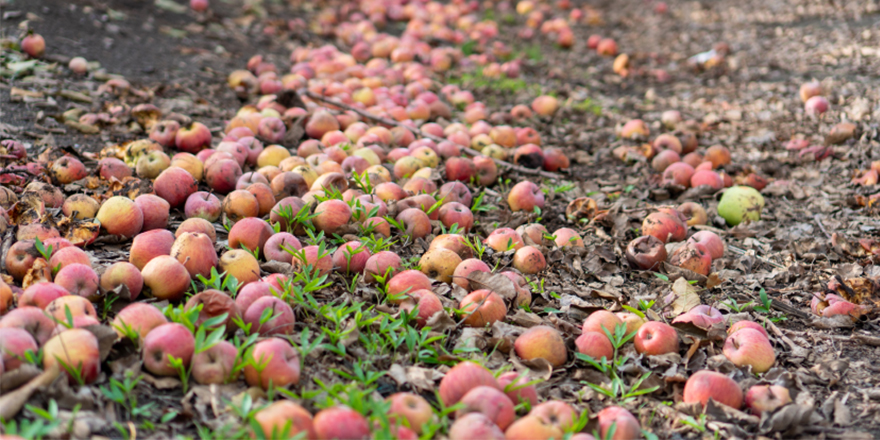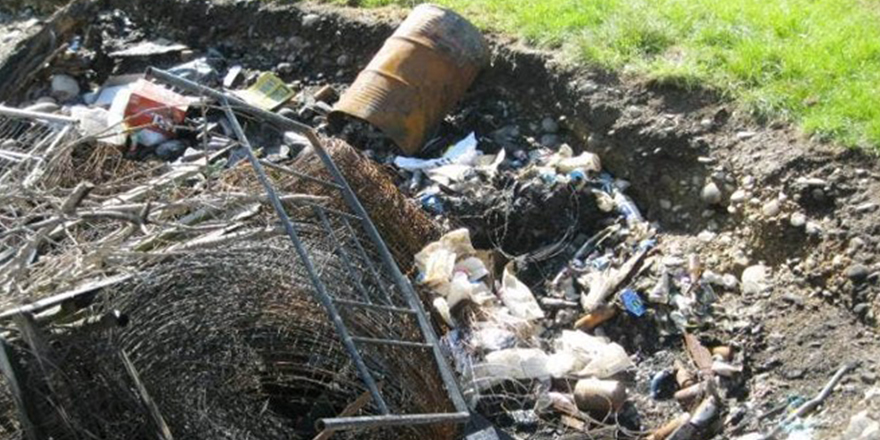
Executive summary
New Zealand’s primary industry is a key economic pillar for the country, contributing 5.13% to the GDP in the year to March 2023, and exports of $57.4 billion with agriculture/horticulture contributing over $43.9 billion of those exports in the year to June 2023 (Beehive New Zealand, 2023), and there is a goal to boost sector exports to $100 billion within the next decade (Ministry for Primary Industries, 2020). The workforce to support the agriculture/horticulture sector has consistently had approximately 145,000 people over the past five years, but at the end of 2022, there was a 19,000-worker shortage. The days of relying on skilled workers from overseas to fill the vacancies has reduced so there needs to be a focus on building a local workforce pipeline and this starts in the education sector.
This report “Who’s Next – How is New Zealand’s secondary school education system supporting the pathway to a career in agriculture/horticulture?” examines New Zealand’s secondary school education system’s effectiveness in guiding students towards careers in agriculture/horticulture to address employment shortages and meet future export targets and prevent negative impacts on New Zealand’s global brand.
The report involves a literature review on educational pathways in New Zealand’s secondary schools, focusing on agriculture/horticulture careers. It includes reviewing reports both in New Zealand and Australia on similar topics, case studies and surveys with key stakeholders and teachers.
Key findings:
New Zealand’s secondary education pathway has a solid foundation offering agriculture/horticulture science as a subject in the NCEA and some strong supporting programmes. However, only 4% of students choose agriculture/horticulture subjects.
This report identifies potential areas for increasing student numbers, particularly in major city centres where 14.5% of secondary schools in Auckland, 23% in Wellington, and 49% in Christchurch offer agriculture/horticulture as a subject option.
Whilst there is a strong foundation, growth is hindered by roadblocks identified in the literature review, case studies, and teacher surveys from secondary schools in New Zealand and Australia and the below themes are what the agriculture/horticulture education sector requires to assist in creating a stronger pathway for students to select a career in agriculture/horticulture:
- Need for Collaboration: The education sector is seeking collaboration from the government, industry bodies, and the education sector to simplify the educational pathway.
- Lack of Resources: A centralised resource centre wanted by the education sector that is up to date with industry resources to utilise for course planning, teaching and upskilling of teachers.
- Shortage of Teachers: A simplified pathway to encourage more teachers to choose a career in teaching agriculture/horticulture from within the school and primary sectors, including funding.
- Perception of Agriculture: Misconceptions of the industry and agriculture/horticulture courses being perceived as a “dummies or easy” course needs to be changed to assist in obtaining more students.
- Financial Constraints: Limited funding spread thinly across numerous programmes is restricting student numbers growth. Funding is required to retain/train teachers and provide New Zealand on-farm/orchard specific resource material.
Recommendations:
Recommendations to help grow a stronger educational pathway in agriculture/horticulture are:
- Re-establish an ‘Industry Working Group’ to enable collaboration across the educational and industry sectors, driven by Kellogg Alumni to assist in its establishment.
- Establish a ‘centralised managed resource centre’ for planning, teaching and upskilling of teachers, overseen by Industry Working Group with assistance from MOE and industry organisations/businesses.
- Investigate the creation of a graduate qualification for teachers in industry systems and processes with MOE and a graduate qualification in basic teaching skills for skilled industry people who wish to give back to the industry.
- Implement a ‘Sponsor an existing teacher’ programme to upskill in agriculture/horticulture by industry organisations/businesses.
- Personally wish to implement an in-school career education programme “Urban Heart, Rural Soul: embracing agriculture/horticulture” focussing on main city centres’ secondary schools.
Renee Fa’atui




